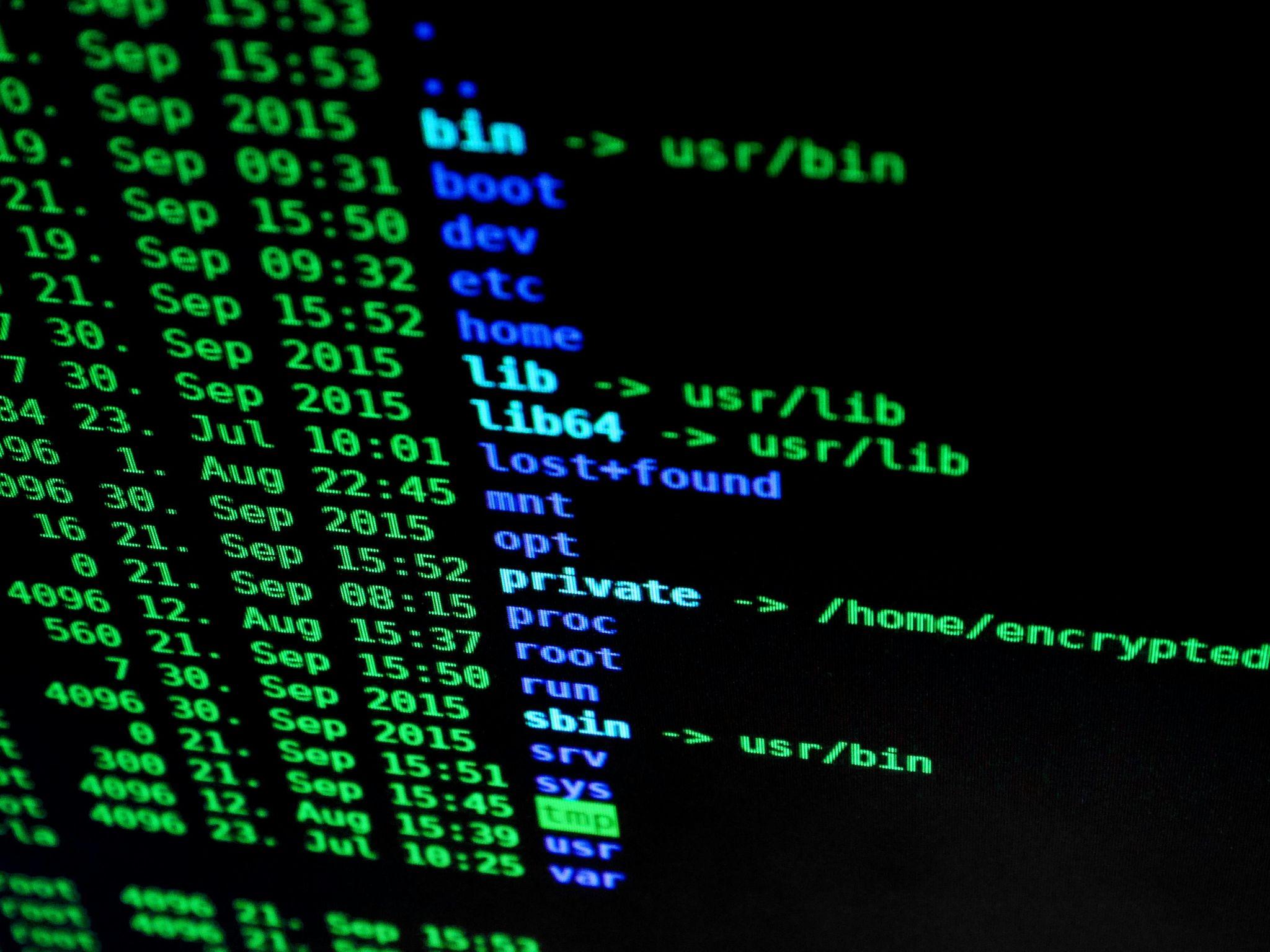The digital-first world of 2025 marks the closing of the early era of cyber threats—an era that has now evolved into a high-risk environment where cyberattacks are more sophisticated, frequent, and damaging than ever before. Indian businesses across every sector face increasing cybersecurity risks, including ransomware attacks, data breaches, phishing campaigns, and zero-day vulnerabilities.
As companies rapidly migrate to the cloud and accelerate the adoption of digital tools, a solid and proactive security framework is no longer optional—it’s a necessity. One of the most critical components of this framework is Vulnerability Assessment and Penetration Testing (VAPT).
VAPT services in India help organizations identify, analyze, and fix security vulnerabilities before malicious actors can exploit them. From fintech and healthcare to e-commerce and manufacturing, every industry now relies on VAPT to strengthen its cybersecurity defenses.
This article explores why VAPT has become an essential security strategy for Indian businesses aiming to protect sensitive data, maintain regulatory compliance, and defend their digital infrastructure in 2025.
What Is VAPT?
VAPT (Vulnerability Assessment and Penetration Testing) is a two-step cybersecurity process that helps identify, analyze, and fix potential security vulnerabilities in your IT infrastructure, applications, and network systems.
Vulnerability Assessment (VA) involves automated scanning tools to detect known vulnerabilities.
Penetration Testing (PT) goes a step further by simulating real-world cyberattacks to actively exploit vulnerabilities and assess their impact.
Together, VAPT provides a complete picture of your security posture—helping organizations understand their weaknesses and prioritize remediation before attackers can exploit them.
Why Indian Businesses Must Prioritize VAPT in 2025
1. The Emerging Cyber Security Threat in India
Recent reports showed that India is one of the leading countries subjected to cybercriminals. As the number of digital transactions increases, the adoption of cloud services and opportunities created by working remotely expands, Indian enterprises, including startups and large establishments, become enticing targets.
Just in 2024:
India experienced hacking of more than 30,000 sites.
Cases of ransomware attacks on SMBs increased by more than 150%.
A major data breach occurred in several fintech and healthcare platforms.
VAPT will serve as the initial line of defense that will aid in the identification of vulnerabilities before the cybercriminals actually exploit them.
2. Indian Cybersecurity Regulations Compliance
With the increasingly high profile of cybersecurity at the national level, India has at least introduced or reinforced a number of compliance frameworks. Important requirements such as:
The Guidelines of CERT-In (Last updated in 2022)
Digital Personal Data Protection Act 2023
RBI Cybersecurity Framework
SEBI Guidelines on Cybersecurity
They usually need frequent VAPT audits as an aspect of security compliance. Non-compliance may attract high fines, law suits, or closure of the business.
3. Protection of Sensitive Customer and Business Data
In sectors like:
Finance
Healthcare
E-commerce
EdTech
data is king—and it’s also a prime target. One security loophole can compromise millions of personal records, resulting in:
Loss of customer trust
Damage to brand reputation
Long-term financial implications
VAPT ensures that your systems are tested for both known and unknown threats, protecting your most valuable digital assets.
4. Increasing Threat of Insider-Attacks and Human Failure
Cyber threats do not always come in the form of external threats. Embarrassing data breaches are composed by employee carelessness, phishing attacks, bad passwords, and internetwork systems configurations.
An effective penetration test is a mock-up of such real life situations and it presents you with an opportunity to ascertain any weak areas like open ports, unnecessarily high privileges or insecure cloud stores that can be exploited and used by malicious attackers.
5. Operation resilience and Business Continuity
Cyberattacks may lead to downtimes which shut down business operations. For example:
Through the disruption of the supply chains, a ransomware attack to a logistic company can disrupt the supply chains.
The breach of information in a fintech application can lock transactions.
VAPT can identify vulnerabilities in systems, with business being able to fix the vulnerabilities and develop resilience in its operations a condition that guarantee operations, capable of withstanding even severe and hostile pressure of cyber threats.
Benefits of Regular VAPT Assessments
- Prevents Data Breaches
- Reduces Financial Losses
- Improves Overall IT Hygiene
- Boosts Stakeholder and Customer Confidence
- Ensures Regulatory Compliance
- Enables Strategic Security Investments
How Often Should You Perform VAPT?
The frequency of VAPT depends on business type and risk level. A general recommendation:
Business Type VAPT Frequency
Fintech/Healthcare Every 3–6 months
SaaS/Product Startups With every major update
E-commerce Platforms Quarterly
SMEs At least once a year
In addition to scheduled audits, immediate VAPT is advised after:
Major system changes
App launches or migrations
Security incidents or breaches
Choosing the Right VAPT Partner in India
With growing demand, several cybersecurity firms now offer VAPT services. When selecting a VAPT provider, look for:
- Certified ethical hackers (CEH, OSCP, etc.)
- Manual and automated testing combination
- Industry experience (especially in your domain)
- Detailed risk-level reports and remediation plans
- Post-test consulting and support
Top Indian cybersecurity companies offering VAPT services in 2025 include:
- TAC Security
- Inspira Enterprise
- SecureLayer7
- Indian Cyber Security Solutions
- Quick Heal’s Seqrite Services
Final Thoughts
In a time where the digital world becomes more complex by the year in 2025, VAPT is turning into a business-critical strategy rather than a technical requirement. By ignoring it, one creates a possibility of cyber-attacks, legal diploid, and customer mistrust.
Be it a start-up developing its initial product, or a corporation that is expanding to new geographies, what better step to achieve a safer, more secure and robust business future than to invest in VAPT services in India.
